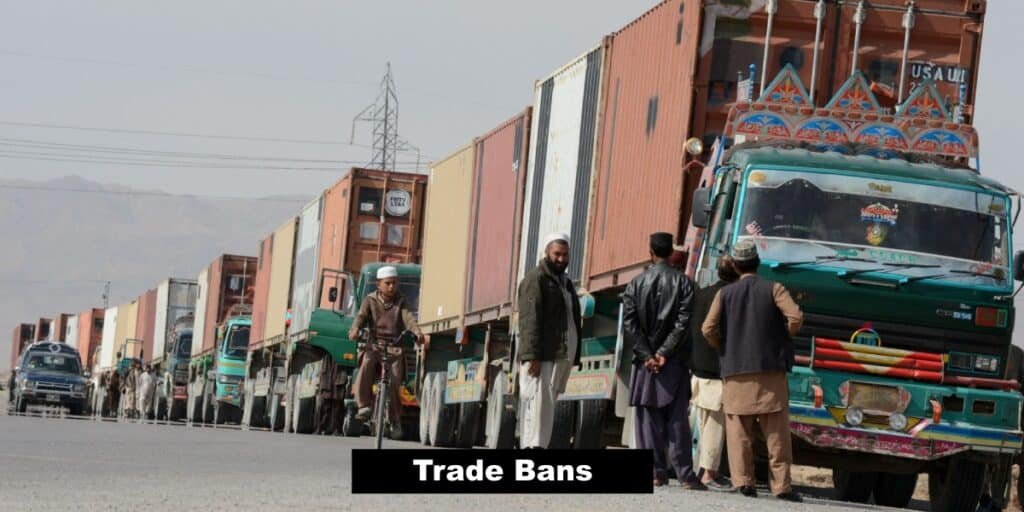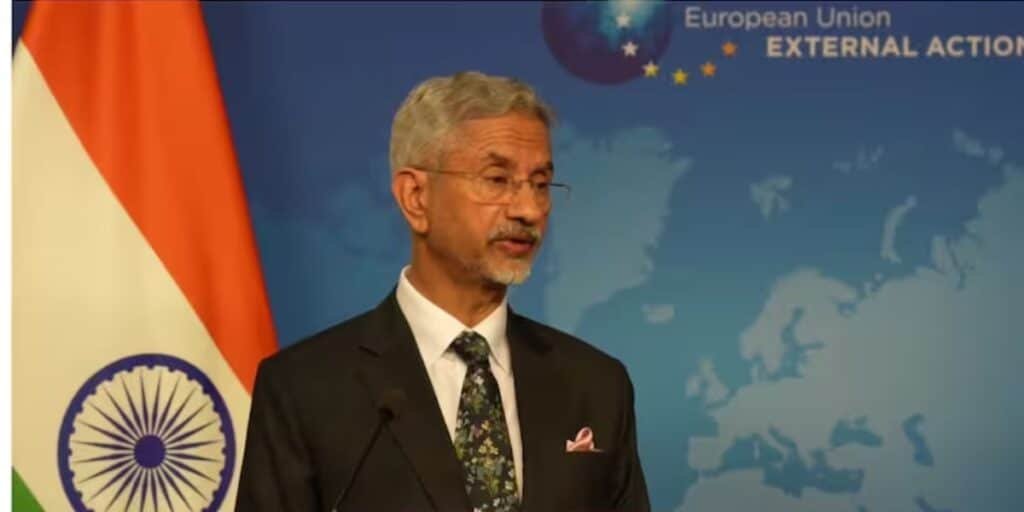WEBDESK: India and Bangladesh have imposed trade bans on each other, adding pressure to already strained relations between the two South Asian neighbours.
India has suspended transit facilities for Bangladesh. The facility enabled Bangladesh to export goods to third nations using Indian canal access points. The government of India officially terminated this service because rising port and airport congestion exceeded service capacity.
Because of this, Bangladesh imposed restrictions on the importation of Indian cotton yarn through road routes. Official statements indicate that the ban on Indian cotton yarn imports defends local textile manufacturers from uncompetitive international pricing which was harming local production.
These recent trade bans are unfolding against the backdrop of political tension. Relations between the two countries have been uneasy since August 2024, when former Bangladeshi Prime Minister Sheikh Hasina was removed from power. She has since been living in India.
Bangladesh is now led by an interim government headed by Nobel Peace Prize winner Muhammad Yunus. The government has repeatedly asked India to extradite Sheikh Hasina to face legal proceedings for alleged money laundering, corruption, and other serious charges. Sheikh Hasina has denied all accusations. India, so far, has not officially responded to the extradition requests.
The trade bans are already starting to impact businesses, particularly in Bangladesh. The country is the second-largest garment exporter in the world after China, earning $38 billion in clothing exports in 2024 alone. Cotton yarn, which is now banned via road, remains a vital raw material. Though it is still being imported via sea and air, industry experts worry that continued restrictions may lead to higher costs and production delays.
Read more: Pakistan blocks all trade routes for India amid rising tensions






